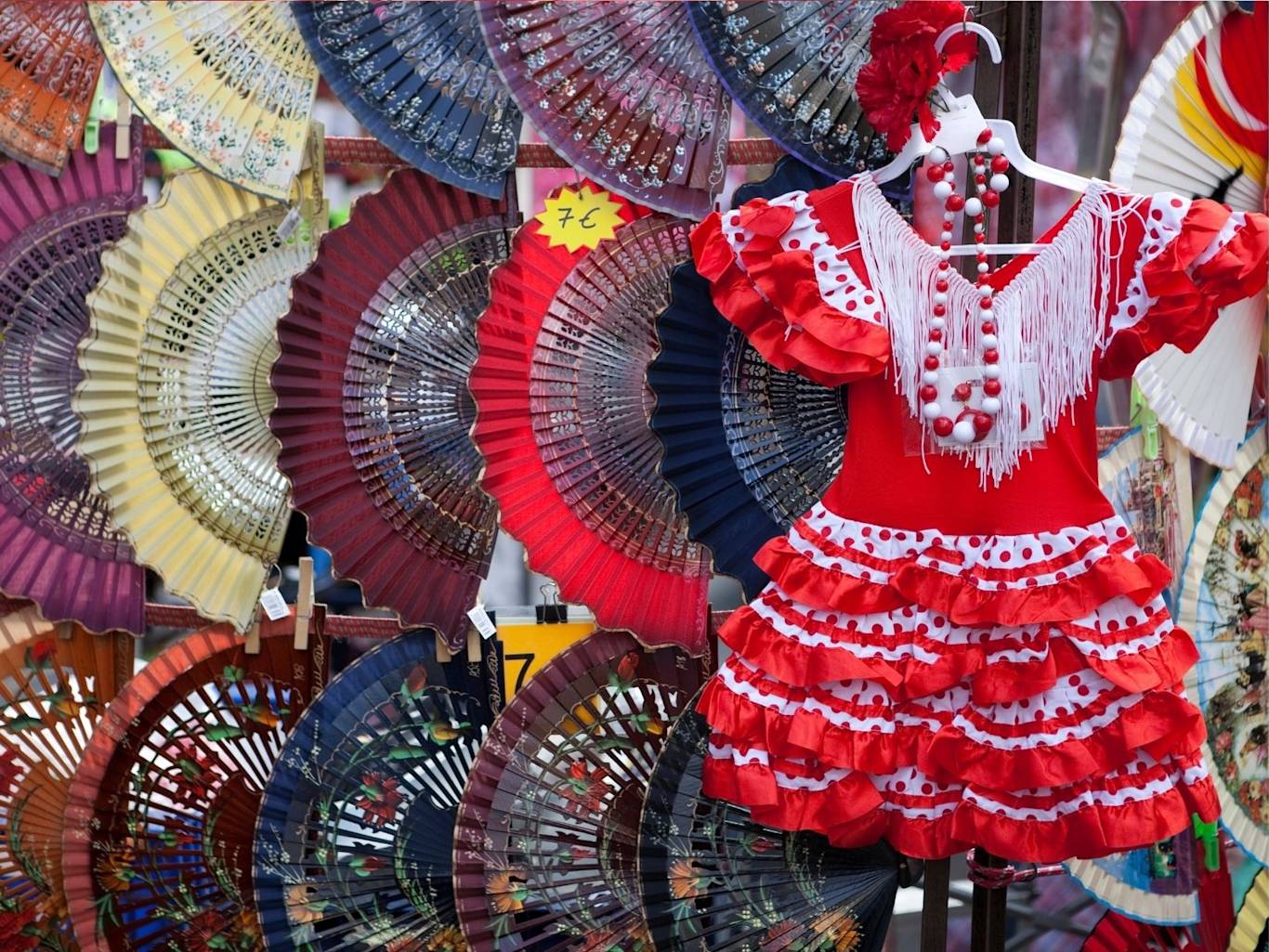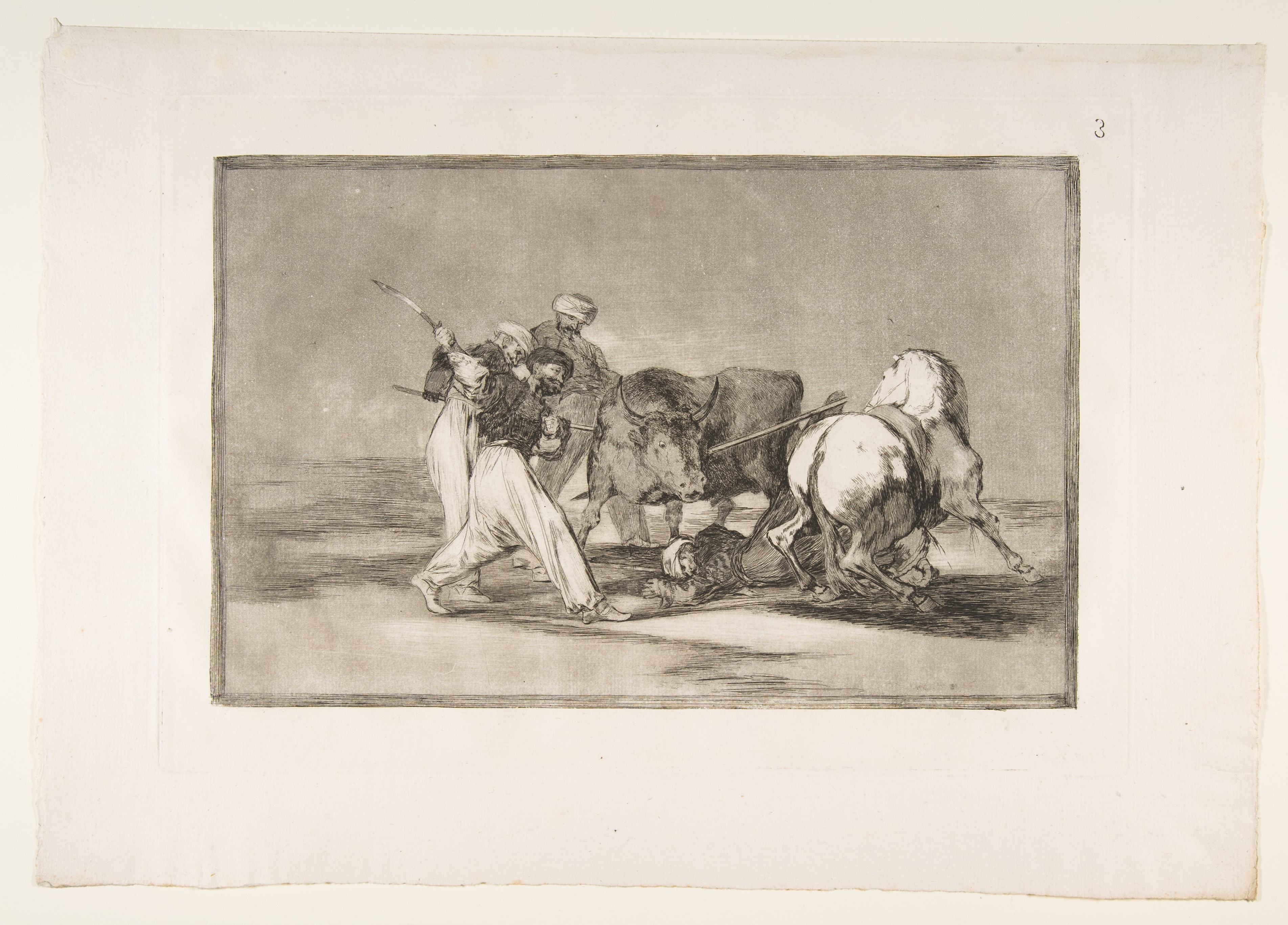Unlocking Spain: Traditions, Superstitions & Culture!
Do you believe in luck, or do you believe in the absence of it? In Spain, the concept of luck is a complex tapestry woven with threads of history, religion, and folklore, where the seemingly mundane can hold the power to bring fortune or misfortune.
The Spanish cultural landscape is rich with customs and beliefs, many of which have been passed down through generations. These traditions, ranging from the religious to the quirky, provide a fascinating glimpse into the Spanish psyche. While some superstitions may seem peculiar to outsiders, they offer a sense of comfort and control, even in uncertain times.
| Aspect | Details |
|---|---|
| Country | Spain |
| Culture Type | Iberian and Mediterranean European |
| Religion | Predominantly Roman Catholic (approx. 94% of the population) |
| Key Historical Influences | Roman Empire, Visigoths, Moorish occupation, Latin American countries |
| Major Traditions | Fiestas (festivals), Tapas, unique superstitions |
| Common Superstitions | Avoiding Tuesday the 13th, not opening an umbrella indoors, the belief that black cats bring bad luck (in some contexts). |
| Unique Cultural Aspects | Warm and lively family dynamics, the evolution of the Spanish language. |
| Regional Variations | Las Marzas (northern Spain) |
| Culinary Delights | Tapas |
| Language | Spanish |
One of the first things that strikes visitors to Spain is the warmth and openness of the Spanish people. Spanish families, known for their warmth and liveliness, often play a central role in social life, and this extends to the welcoming of internationals. This openness is mirrored in the country's traditions, which are often celebrated communally, fostering a sense of belonging.
Many of these traditions, however, are steeped in history and belief. Throughout the centuries, Spain's culture has been shaped by many influences, including the Romans, the Visigoths, and the Moors. Each civilization brought its own set of beliefs, which over time blended to create the unique cultural tapestry found in Spain today. The Visigoths, for example, played a crucial role in preserving the Latin and Christian legacy between the fall of the Roman Empire and the early Middle Ages, leaving an indelible mark on the country's traditions. The influence of Latin American countries further enriched this cultural mix.
While a quick search on the internet will yield some common superstitions, many of the most intriguing ones are rooted in Spanish history. Did you know that opening an umbrella indoors is considered to be bad luck? Or that, unlike many Western cultures, it's Tuesday the 13th, and not Friday the 13th, that you need to watch out for? These superstitions, though seemingly quirky, are a window into the heart of Spanish beliefs.
Take, for instance, the superstition regarding black cats. Although some cultures see black cats as symbols of good luck, in Spain, the belief leans toward misfortune. The reason for this is rooted in historical beliefs that associated black cats with the devil.
- Darcy Demoss Movies Bio And More Unveiling The Actress
- Yesmovies Alternatives Free Movie Tv Show Streaming Options
And then there is the more famous "martes trece" or Tuesday the 13th. In Spain, Tuesday is associated with Mars, the Roman god of war. This, combined with the number 13 (often considered unlucky), has led to the belief that Tuesday the 13th is a day best avoided for significant life events. The Spanish proverb "En martes, ni te cases, ni te embarques, ni de tu casa te apartes" (On Tuesday, don't get married, don't embark on a journey, and don't leave your house) encapsulates this fear of ill fortune.
Other superstitions are less well known but equally ingrained in Spanish culture. Avoiding ladders, for example, is a common practice, reflecting a broader respect for tradition and a desire to avoid tempting fate. These traditions are so deeply woven into everyday life that they influence how people interact with each other and even make major life decisions.
A significant aspect of Spanish culture is its deep religious roots. Spain is a predominantly Roman Catholic country, and many of the largest festivals, or "fiestas", are held in honor of local patron saints. This religious backdrop gives many traditions an added layer of significance. However, it's essential to recognize that the country embraces diversity. People of all faiths, or none, are welcome to experience and enjoy the richness of Spanish history and the atmosphere of its celebrations.
The culture is also enriched by the contributions of the various regions of Spain. Each contributes a unique flavor to the overall cultural tapestry. From the lively celebrations of the south, such as the April Fair in Seville, to the more rustic traditions of the north, like Las Marzas, which celebrates the arrival of spring, Spain offers a diverse range of cultural experiences.
There is an old proverb that explains the superstition: On Tuesday, dont get married, embark on a journey, or move away ('en martes, ni te cases, ni te embarques, ni de tu casa te apartes') but there are plenty of other Spanish superstitions you need to know about to make sure your time in Spain is as lucky as possible!
What is the reason behind this rich tapestry of tradition? The answer lies in Spain's fascinating history. The country has been a crossroads of civilizations for centuries, and each has left its mark on Spanish culture. The Romans, the Moors, the Visigothsall contributed to the traditions of today, which include everything from architectural marvels to the Spanish language.
Spanish culture continues to evolve and adapt, yet its historical roots run deep. The influence of Latin American countries also plays a significant role, particularly in shaping modern Spanish customs and values.
It is important to understand that, although some superstitions may seem nonsensical, they serve a valuable purpose. They provide a sense of comfort and a feeling of control, particularly in uncertain times. Some studies even suggest that belief in superstitions can increase confidence and improve performance. So, whether you believe in them or not, these practices are part of the charm of Spain.
If you find yourself in Spain, or you're planning a trip there, do not be surprised to witness these unique traditions. Embrace them, respect them, and perhaps even try them out! You might just find that you're adding a little bit of extra luck to your Spanish adventure.
And when you're enjoying the delicious tapas, or a lively festival, remember that you are not just experiencing a place you are immersing yourself in history, culture, and the enduring human desire to find meaning in the world around us. Whether youre in the bustling streets of Madrid, the sun-drenched beaches of Barcelona, or the quieter corners of the country, understanding and appreciating these traditions can add another layer to your travel.



Detail Author:
- Name : Brett Hyatt
- Username : monserrat42
- Email : pfannerstill.golda@lindgren.biz
- Birthdate : 1973-12-29
- Address : 7924 Syble Knoll South Marlee, IA 86063
- Phone : +12703491978
- Company : Lehner Inc
- Job : Cabinetmaker
- Bio : Odit deserunt labore provident sed ut perferendis est sunt. Esse aut asperiores rerum molestiae possimus illum et. Est ut doloribus quas sed cumque incidunt sed.
Socials
tiktok:
- url : https://tiktok.com/@makenzie.harvey
- username : makenzie.harvey
- bio : Tenetur et repellat itaque quibusdam et. Minus minima esse ad aut mollitia.
- followers : 1730
- following : 696
twitter:
- url : https://twitter.com/makenzie_real
- username : makenzie_real
- bio : Fuga iusto occaecati ut ut. Quia nihil dolorem est non. Animi dolorem est ab non. Est minima nemo itaque eum sunt. Corrupti nostrum qui et possimus ab.
- followers : 2654
- following : 2364